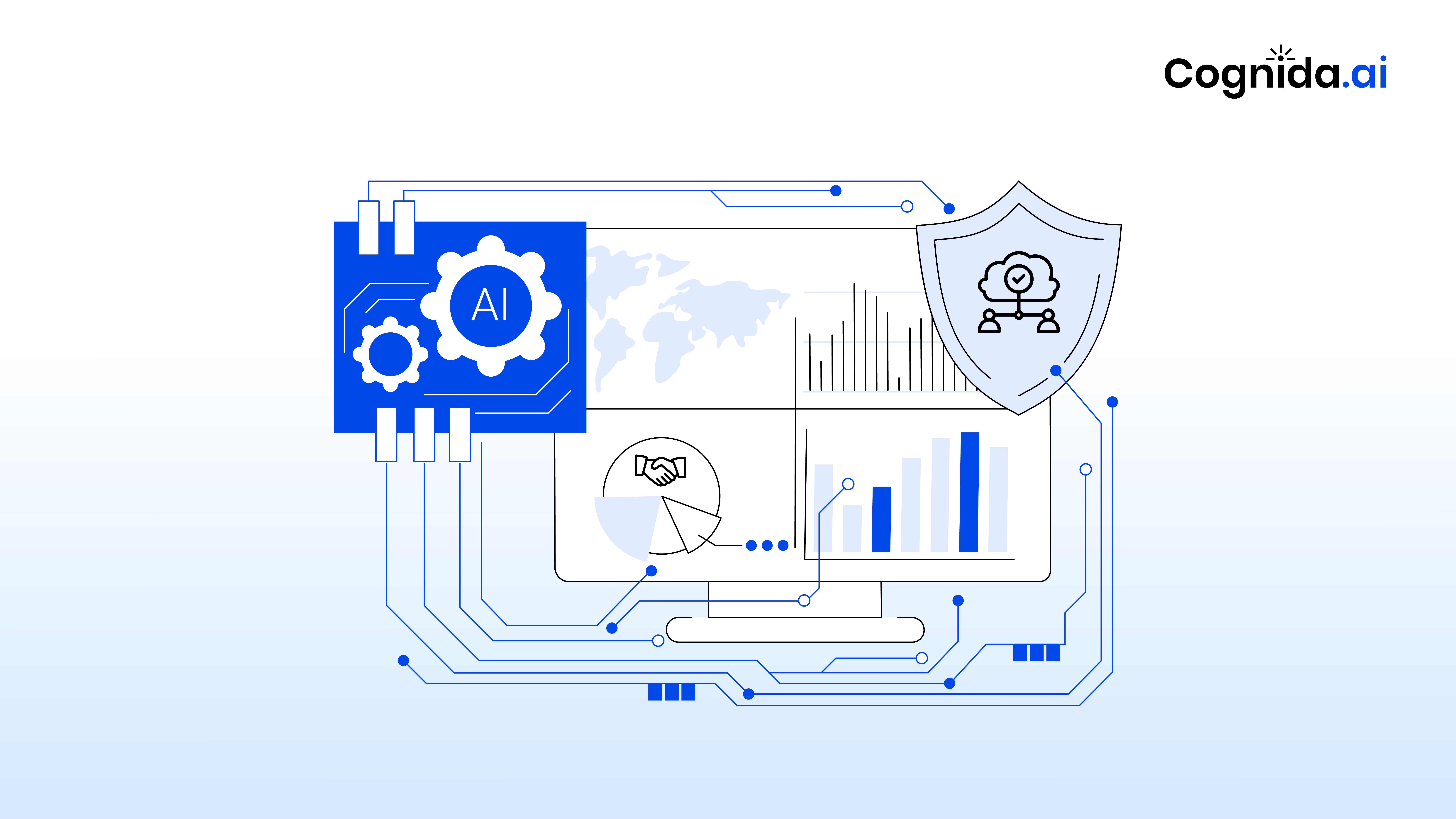Ethical AI: Ensuring Fairness and Transparency in Customer Interactions

By recognizing the crucial role of ethical AI, businesses can avoid the pitfalls of undermining customer trust. Defining effective ethical guidelines is the fundamental aspect of building sustainable customer relationships.
Let’s explore how companies can use AI systems to guarantee ethics, fairness, and transparency in consumer interactions.
Fairness in AI
Fairness is fundamental when it comes to ethics in practical AI. Automated systems are trained on data, and when the data contains biases, the system is likely to replicate them. This can lead to unfair treatment of customers. Imagine infusing practical AI into the hiring process, a biased algorithm can generate discriminatory and unfair outcomes during the process. Hence, resulting in an unjust experience for the candidates. Businesses must include diverse data sets, identify potential biases, and implement corrective measures to mitigate them.
Transparency in AI
Transparency is another key pillar of ethical AI. Companies must inform their customers when they are interacting with an AI system and how their data is used and protected. When there is a lack of transparency, it leads to skepticism among the customers, which affects their relationship with the company.
Consent and Data Privacy
Customer interaction is about the exchange of data and information. When AI is employed in customer service, strict protocols must be put in place to obtain explicit user consent and protect customer privacy. Additionally, robust data protection techniques must be put into action to strengthen customer’s trust and ensure complete protection of data.
From Bias to Balance: Implementing Ethical AI
Here’s how businesses can integrate ethical AI in customer interactions:
- Develop clear guidelines: Establish a code of ethics for AI that prioritizes fairness, transparency, and data privacy.
- Embrace diverse data: Train AI models on diverse data sets that represent the full spectrum of your customer base to minimize bias.
- Maintain transparency: A well-trained AI system will clearly inform customers when connected with a human representative to resolve complex issues. This keeps the customer interaction transparent and fair.
- Continuous monitor and audit: Regularly assess AI systems to identify and address potential ethical issues. This keeps the system updated and reduces the risk of non-compliance.
Conclusion
By prioritizing fairness and transparency, businesses can ensure positive customer experiences that foster trust and loyalty. After all, in the era of AI, treating everyone fairly and maintaining transparency in interactions is not just ethical, it’s good business.